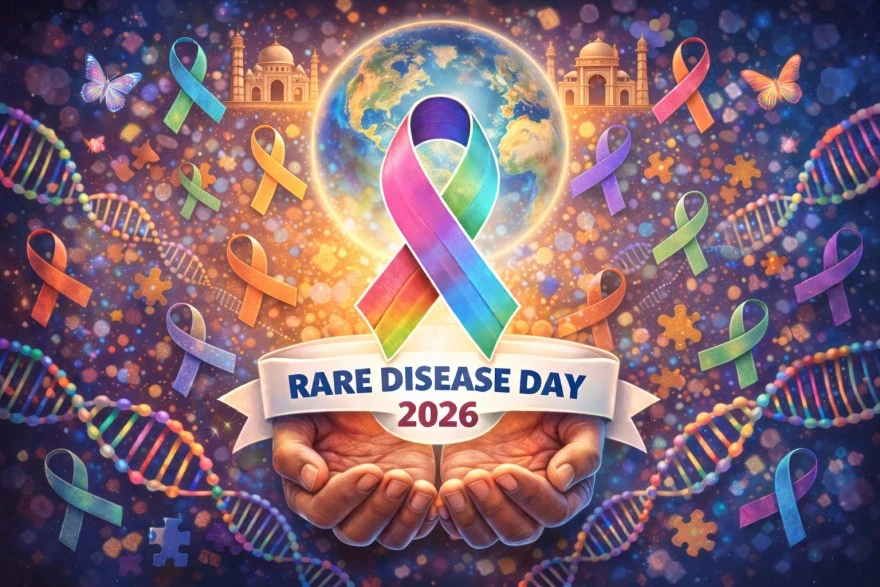Allergy - Milk & Milk Product Panel
Also known as: Allergy Panel - Milk & Milk Products
Milk Allergy Test Overview
The Allergy - Milk & Milk Product Panel is a blood test designed to identify allergies to milk and various components found in milk products. It measures your immune system's reaction (specifically IgE antibodies) to these potential allergens. This test is crucial for diagnosing milk allergies, especially if you experience symptoms like hives, itching, swelling, cramps, diarrhoea, or other allergic reactions after consuming milk or dairy products. The panel goes beyond just "milk" and tests for specific milk proteins like alpha-lactalbumin, beta-lactoglobulin, and casein. It also includes bovine serum albumin, another protein in cow's milk, and a total IgE level to assess overall allergic tendencies. By pinpointing the specific milk protein triggers, this test helps individuals and their doctors develop a more precise plan for managing milk allergies and avoiding potential reactions.
Allergy Panel - Milk & Milk Products Price
Metropolis Healthcare is a leading diagnostics centre and pathology lab in India equipped with the latest state-of-the-art technologies that provides the Allergy Panel - Milk & Milk Products with a clear pricing structure.
The Allergy Panel - Milk & Milk Products Price in Mumbai is ₹ 4,450 .
We are committed to deliver accurate and quality results from the best labs in India with complete transparency regarding test cost and turnaround time. No matter where you are, we strive to offer patients high-quality service that is affordable and accessible.
Frequently Asked Questions
Milk allergy test is done in suspected allergies due to milk and milk products including milk proteins for determining the exact allergen causing the allergic reaction.
Milk allergy test measures the IgE mediated response to 5 components of milk and milk products including milk proteins:
- Milk
- Alpha lactalbumin
- Beta lactoglobulin
- Casein
- Bovine serum albumin
Total IgE levels are also measured.
The process is relatively simple and almost painless. The patient is asked to clench the fist by placing a tourniquet (elastic) band tightly around the upper arm to fill the veins with blood. Following this, the skin will be disinfected before introducing a needle to collect the blood sample, typically collected in a vacutainer.
Positive result to a particular allergen indicates that the person is allergic to milk, milk products or specific protein found in the milk. Increased allergen-specific IgE levels further confirms that. Very often the test may be positive for more than one allergen as well. The further treatment course is decided based on the results. Negative result may require other tests for differential diagnosis.
The Allergy – Milk and Milk Product Panel Test should be done by anyone experiencing symptoms of an allergic reaction to any type of milk or milk product. This includes those who experience an allergic reaction after ingesting dairy products or even those with a family history of allergies to milk and milk products.
Since it is a food-related allergy, it commonly causes gastrointestinal symptoms like abdominal pain, diarrhoea, and vomiting, but may even lead to other skin-related symptoms like itching, running nose, sneezing, coughing, and hives. Certain severe cases may also lead to anaphylactic shock.
No special preparations are required for this Test. However, it is important to have a full medical history taken before testing to ensure accurate results. Additionally, it is important to inform the doctor of any medications being taken, as some may interfere with the test results.
- Milk Allergy IgE Blood Test.
- Milk Allergy Test.
- Allergen Profile for Milk.
Ratings & Reviews (0)
Why Metropolis?
Metropolis has a team of 200 senior pathologists and over 2000 technicians delivering diagnostic solutions in the areas of routine, semi specialty and super specialty domains like Oncology, Neurology, Gynaecology, Nephrology and many more.
We offer a comprehensive range of 4000+ clinical laboratory tests and profiles, which are used for prediction, early detection, diagnostic screening, confirmation and/or monitoring of the disease.





















 WhatsApp
WhatsApp